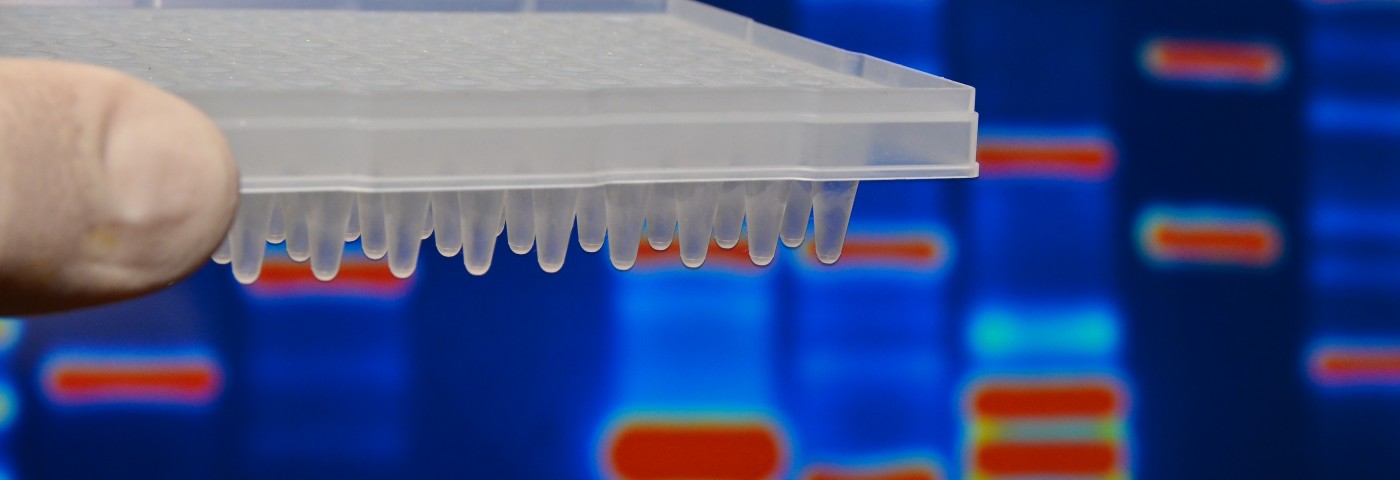Dasatinib, a drug approved for the treatment of patients with leukemia, could also be used to treat ovarian clear cell carcinoma, a rare form of ovarian cancer. These are the conclusions of a study titled “Synthetic Lethal Targeting of ARID1A mutant ovarian clear cell tumours with dasatinib,” published in the journal Molecular Cancer Therapeutics.
Ovarian clear cell carcinoma (OCCC) is a distinct histopathologic subtype of epithelial ovarian cancer (EOC) with an incidence of 5 to 25 percent of all ovarian malignancies.
“Unfortunately ovarian cancer is often diagnosed when it has grown too far to be completely removed by surgery, which is why we need new ways to tackle it,” Prof. Peter Johnson, chief clinician at Cancer Research UK, said in a recent news release.
Scientists at London’s Institute of Cancer Research discovered that treatment with dasatinib caused ovarian clear cell carcinoma cells in mice to stop growing. Dasatinib is an oral Bcr-Abl tyrosine kinase inhibitor (it inhibits the “Philadelphia chromosome”) and Src family tyrosine kinase inhibitor.
Moreover, the team found a faulty gene that could potentially be targeted to treat patients with ovarian clear cell carcinoma. When evaluating the effect of 68 different drugs on cancer cells with and without this mutation, dasatinib treatment stopped the growth of tumor cells carrying the mutation.
This gene mutation is found in about half of patients with ovarian clear cell carcinoma, but at the moment, scientists don’t understand how it is related to the cancer.
“All ovarian cancers are difficult to treat and that’s particularly the case for this type, which is often resistant to chemotherapy. In our study, we found a drug that could be effective in a group of patients who carry mutations to a particular gene in their tumors,” said Dr. Chris Lord, leader of the Gene Function Team at The Institute of Cancer Research.
“The next step will be to test whether this drug is effective in ovarian cancer patients. If it is, we’ll be able to get this drug to patients relatively fast as it’s already approved for other types of cancer and we know it’s safe,” Lord added.
Johnson said that unfortunately, ovarian cancer is often diagnosed when it has grown too far to be completely removed by surgery, “which is why we need new ways to tackle it.”
“It’s still early days and this drug will have to be tested in patients with this less common type of ovarian cancer before we can say for sure whether it’s effective, but the early results look promising,” he said.

